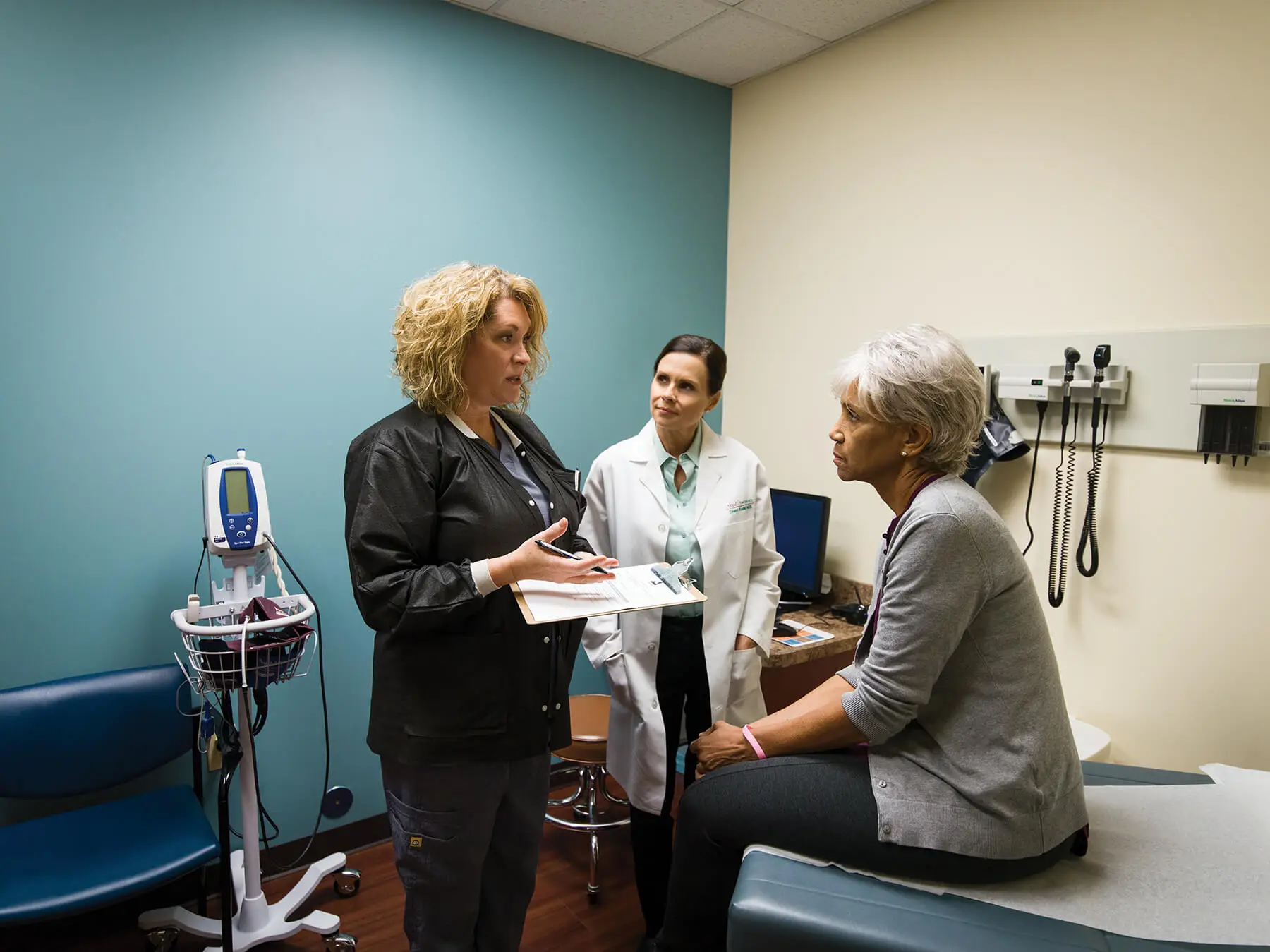Innovating Together Inside The Network Series
Radiation oncology is undergoing a remarkable transformation. At The US Oncology Network (The Network), we’re helping lead this change by integrating precision imaging, artificial intelligence (AI) tools, and radiopharmaceuticals into clinical practice. These innovations are not only enhancing how we deliver care—they’re redefining what’s possible for patients and providers alike.
Unlocking New Precision with Imaging
Today’s imaging technologies are giving clinicians a clearer, more detailed view of tumors than ever before. Physicians in The Network use state-of-the-art Positron Emission Tomography – Computed Tomography (PET-CT) with novel imaging agents to detect tumors when they are small. Improved imaging and advances in radiation treatment allow these small tumors to be treated precisely with large doses while sparing nearby healthy tissue. The ability to detect tumors early and treat them precisely and safely is a powerful combination in the fight against cancer.
Streamlining Care with AI
AI is already making a measurable impact across The Network. AI-enabled tools like auto-contouring have significantly reduced planning time, helped with workforce shortages and improved consistency. As AI continues to advance, it is increasingly integrated into planning workflows, supporting clinicians in accelerating treatment starts. [1] These efficiencies help care teams dedicate more attention to clinical decision-making and patient interaction—delivering care that’s not only faster, but more personalized. Additionally, AI-enabled note generation saves physicians time and improves note quality. These efficiencies allow care teams to focus more on clinical decision-making and patient interaction—delivering care that’s not only faster, but more personalized. To ensure practices have the best solutions for their needs, The Network sponsors significant efforts to evaluate AI tools on an ongoing basis.
Expanding Options with Radiopharmaceuticals
Radiopharmaceuticals are emerging as a powerful new option for patients with cancers that are difficult to treat using traditional methods. Physicians in The Network can deliver cancer-targeting radioactive molecules that prolong life and slow down cancer. These therapies offer a new level of precision and hope. Adoption in The Network has been rapid with 20 practices now offering radiopharmaceuticals. Additionally, research expertise through the Sarah Cannon Research Institute allows practices to participate in developing the next generation of even more effective radiopharmaceuticals.
Delivering Better Outcomes Today—and Preparing for Tomorrow
The impact of these advancements is already being felt—patients are starting treatment sooner, experiencing fewer side effects, and benefiting from more effective therapies. As AI and radiopharmaceuticals continue to evolve, The Network is committed to staying at the forefront of innovation in community-based cancer care.
Explore how our Radiation and Imaging program is advancing care—click to learn more.

